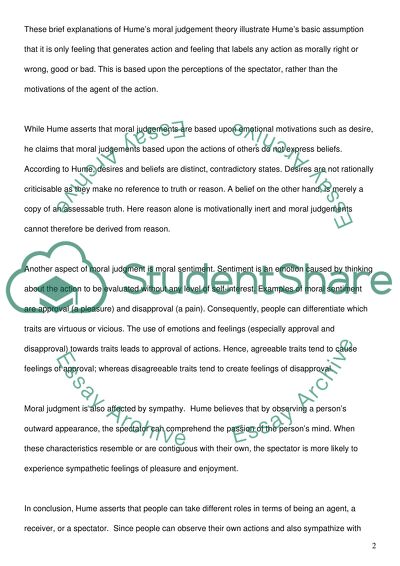Humes Moral Judgement Theory Essay Example | Topics and Well Written Essays - 1000 words. Retrieved from https://studentshare.org/miscellaneous/1529594-humes-moral-judgement-theory
Humes Moral Judgement Theory Essay Example | Topics and Well Written Essays - 1000 Words. https://studentshare.org/miscellaneous/1529594-humes-moral-judgement-theory.


